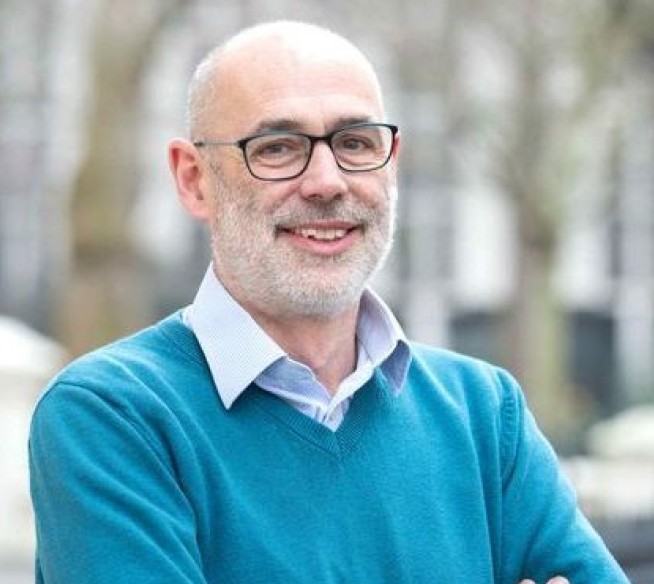New ways of tracking people’s diets tested for health benefits

Researchers will try new techniques, including wearable cameras and urine and blood tests, to more accurately measure the UK’s eating habits.
The new five-year project, led by Aberystwyth University in conjunction with Imperial College London, the University of Reading, and the MRC Epidemiology Unit at the University of Cambridge, aims to use modern techniques to develop a new way of accurately measuring what people are eating.
"Ultimately, better data will enable us to make better decisions in food policy and public health that will impact on disease and help people to live healthier for longer.” Professor Gary Frost Head of Nutrition Research and Chair in Nutrition and Dietetics
The project hopes that these techniques will improve the accuracy with which we can measure the UK’s diet, and will have major implications for how governments and policymakers assess the success of efforts to improve people’s health and give better dietary advice. It could also help in the monitoring needed to test new treatments for diseases, such as the connection between eating patterns and cancer.
Currently, diets are measured by people completing complex and time-consuming nutrition surveys themselves and trying to remember what they have eaten, but this can lead to unreliable results.
In the first stage of the project, which will help scientists develop new protocols, volunteers will follow set meal plans representative of the UK diet. Under supervised conditions, these volunteers will wear tiny cameras to film what they eat, as well as provide blood and urine samples.
Machine learning will be used to analyse the images to measure how accurately the approach can recognise foods eaten by the wearer, compared with the chemical analysis of food intake in their urine and blood. Data from all methods will then be modelled to assess the best combination of techniques to accurately monitor diet in the least invasive way.
After the pilot study, there will be a larger remote trial to test the technique’s effectiveness when volunteers are living in their own homes and freely choosing their diet over a period of several weeks.
Imperial's Professor Gary Frost, Head of Nutrition Research and Chair in Nutrition and Dietetics in the Department of Metabolism, Digestion and Reproduction, said: “The Achilles heel of nutrition has been our inability to accurately measure what people eat in their home environment. The methodology we use to measure food and nutrition intake has not really changed much over the last 50 years. It is still based on self-reported intake, which is known to be inaccurate. This is a major concern given the relationship between diet and major disease such as obesity, type 2 diabetes, heart disease and cancer.

“Monitoring change following the introduction of a policy to improve nutritional health is very difficult. By bringing together expertise and technology, this approach will help us to tackle the current gaps in nutrition studies and provide us with better insights into what people are actually eating. Ultimately, better data will enable us to make better decisions in food policy and public health that will impact on disease and help people to live healthier for longer.”
Professor John Draper, from Aberystwyth University, commented: "From efforts to reduce people’s salt consumption to increasing the number of vegetables we eat, getting a more accurate picture of people’s diets is vital for improving human health and linking to health outcomes. There are inherent problems with eating surveys. At the moment, we do not really understand what people are eating and nor do they, especially in complex meals. That is how these new techniques can really help.
“This project will look at the techniques that can be combined to produce the most accurate and efficient ’tool’, including looking at cost and ease of use. That will enable governments around the world to decide on how they want to move forward, when assessing how they want to measure the effectiveness of their policies.”
The project is funded by a £3 million grant provided by the Medical Research Council (MRC) and the Biotechnology and Biological Sciences Research Council (BBSRC) and involves four expert teams providing skills in nutrition studies, bio-sampling, chemical analysis, wearable camera technology and web-based diet assessment.
Article text (excluding photos or graphics) © Imperial College London.
Photos and graphics subject to third party copyright used with permission or © Imperial College London.
Reporter
Benjie Coleman
Department of Surgery & Cancer